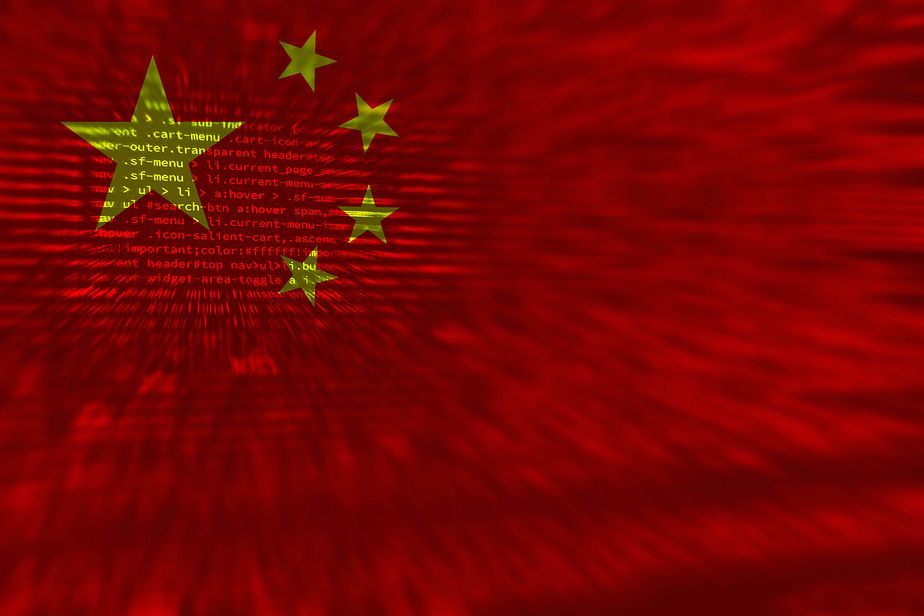China has faced widespread criticism over the latest crack-down on demonstrations held against stringent covid policies deployed by the government since the start of the pandemic.
Over the weekend, thousands of people in Shanghai, China’s biggest city and financial centre, began publicly protesting the government’s strict Covid-19 measures and denouncing the Chinese Communist Party’s authoritarian rule, according to Human Rights Watch (HRW).
University students across the country gathered on their campuses to demonstrate, and that night, hundreds of people in Wuhan, where Covid-19 originated, Chengdu, Beijing, and other large cities, took to the streets.
The protest in Shanghai was in response to a November 24 fire at an apartment building in Urumqi, the capital of China’s northwest Xinjiang region, in which at least 10 people were killed.
Writing for The Washington Post newspaper, columnist John Pomfret said, “…if the protests continue, Xi will order a crackdown and it will probably work. On Tuesday, his minions took the first step: blaming the West.”
On Monday, a key meeting of the political and legal affairs organ of the Communist Party of China (CPC) said political and legal organs should resolutely crack down on infiltration and sabotage activities by hostile forces and illegal and criminal acts that disrupt social order, state media outlet Global Times reported.
According to Pomfret, things have changed substantially in China since the last time protests directed at the central government occurred in so many places simultaneously.
“That was the spring of 1989, as students and workers gathered by the hundreds of thousands in Beijing’s Tiananmen Square and other public spaces around the country to call for democratic reforms,” wrote the Washington Post columnist who had worked for the Associated Press, during the military crackdown that killed hundreds of demonstrators.
Pomfret contended that Beijing has “more means to suppress protests than existed in 1989 or 1999.”
He added that Beijing has built a digital panopticon and social control system unrivaled by even the dystopian visions like English writers Aldous Huxley or George Orwell.
“China’s internal security apparatus, funded by a budget that exceeds even the military’s, monitors hundreds of millions of artificial-intelligence-enabled public cameras across the country. Armies of human and algorithmic censors can access the smartphone apps that China’s citizenry rely on to communicate, travel and purchase necessities,” he further said.
With ample amounts of funds in their hand, Pomfret said Chinese police have anti-riot gear that wasn’t available to security forces in 1989.

